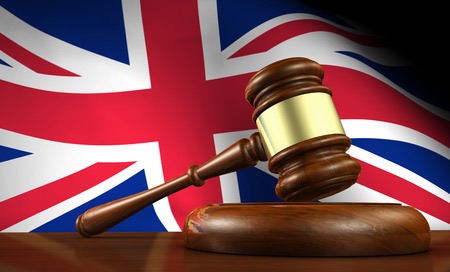SCOTUS Rules on “Trump Too Small”—Third Recent Ruling on First Amendment Implications for Lanham Act | Sterne, Kessler, Goldstein & Fox P.L.L.C.
The June 13, 2024, U.S. Supreme Court decision in Vidal v. Elster made waves in the trademark community. All of the Court’s decisions are significant, and this matter was of particular interest because the decision marked the third time in recent years that the Court ruled on whether certain limitations on trademark registration set forth in Section 2 of the Lanham Act violate the First Amendment.
The case involved an application to register the mark TRUMP TOO SMALL, a reference to an exchange that occurred during the 2016 presidential primary debate between U.S. Senator Marco Rubio (R-FL) and then-presidential candidate Trump, regarding the size of Trump’s hands. Elster asserted he planned to use the phrase on T-shirts and hats to “convey that some features of President Trump and his policies are diminutive.”
The USPTO refused registration of the mark under Section 2(c) of the Trademark Act (15 U.S.C. § 1052(c)), which prohibits registration of a trademark that includes the name of a living individual without their consent. However, unlike Matal v. Tam (2017)—which invalidated provisions barring registration of disparaging marks, or Iancu v. Brunetti (2019), which invalidated provisions barring registration of immoral or scandalous marks—the current case raised a slightly different issue—the constitutionality of a content-based, but viewpoint neutral, restriction on trademark registration. Proponents of the limitation, including the International Trademark Association, argued that Section 2(c) is consistent with the concepts of right of publicity and right of privacy that prevent the unauthorized use of an individual’s name in commercial contexts.
Ultimately, the Court sided with the USPTO’s position that prohibiting registration of a person’s name without their consent did not violate the First Amendment, because it is viewpoint neutral, even when the figure is political. The Court reasoned that even if the message were neutral or complimentary, there are many reasons an individual would want to maintain control over the commercialization of their name. This decision may gives some clarity to the constitutionality of other types of “viewpoint neutral” marks deemed unregistrable in Section 2 of the Lanham Act, such as Section (b) relating to flags and insignia, or even geographical indications in Section (a).






